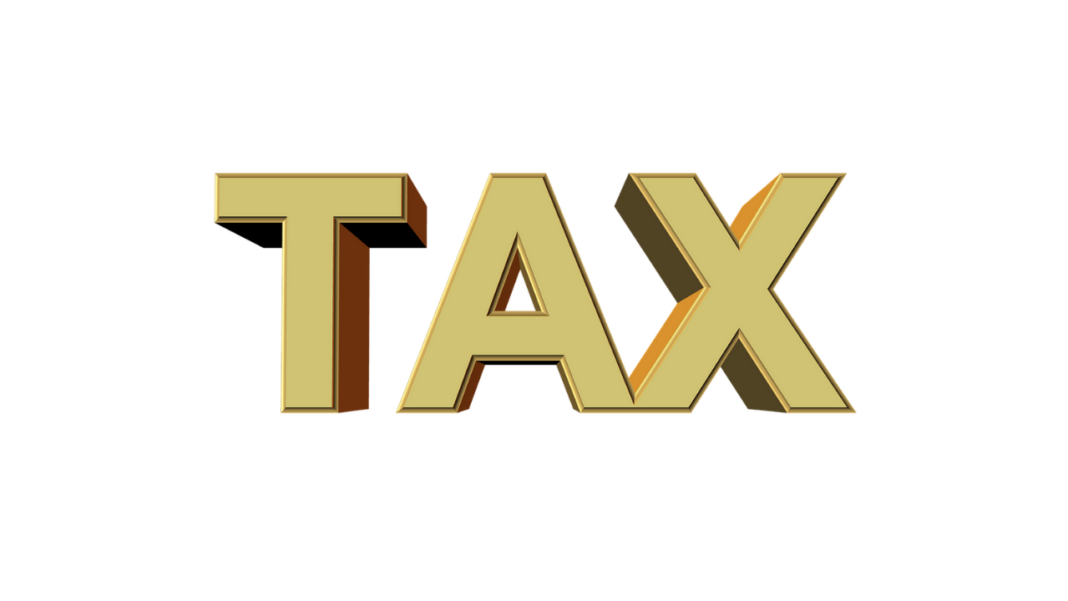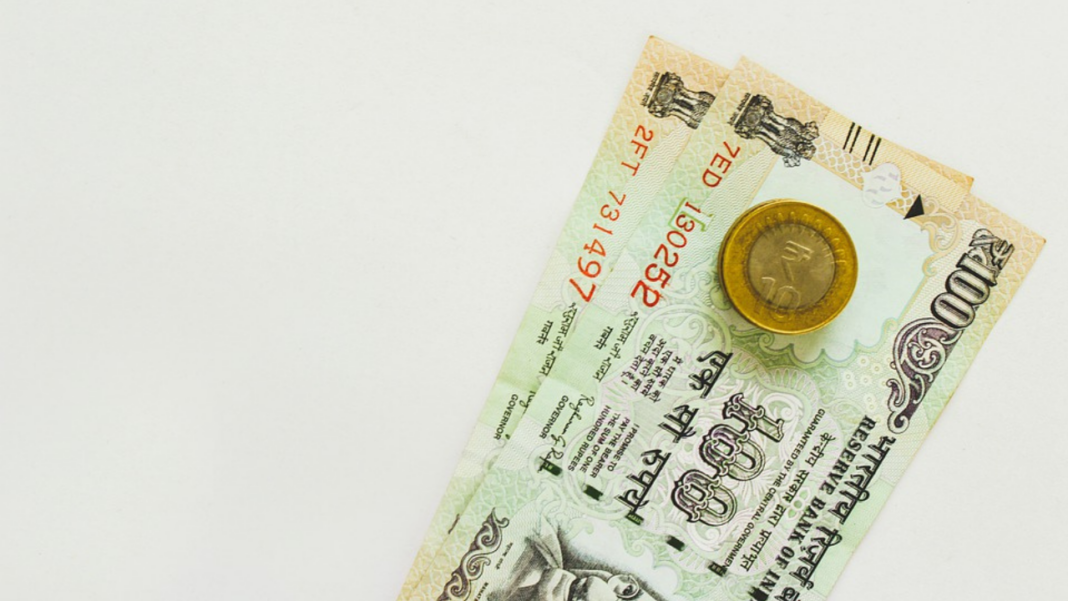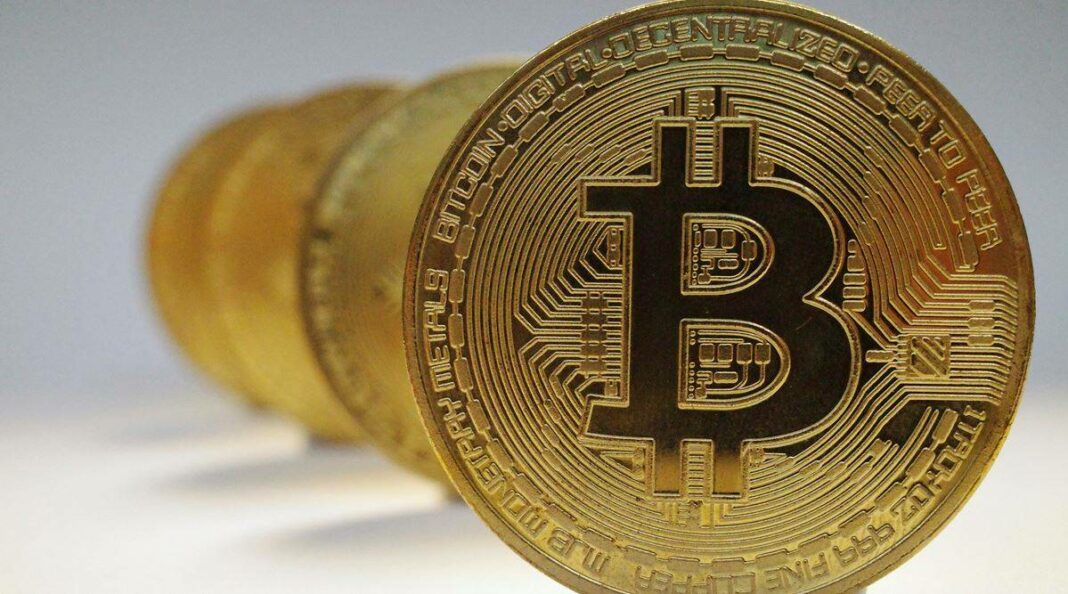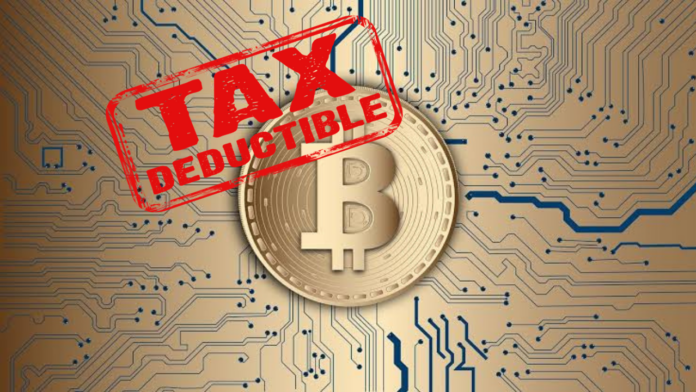In her budget speech on Feb 1, Tuesday, Finance Minister Nirmala Sitharaman announced that moving forward, cryptocurrencies will be taxable. It will fall under a 30 percent tax slab on any income from the transfer of virtual digital assets. However, there are a few more details you should know about the Crypto Tax.
130% Tax, 1% TDS

The Indian government is proposed on Tuesday, that a 30 percent tax on income from the transfer of virtual assets will be levied. Sitharaman further added that 1 percent TDS should be deducted at source on payments that will be made to purchase digital assets. This will be imposed on transactions that will be made over a certain threshold.
She added that, “No deduction in respect of any expenditure or allowance shall be allowed while computing such income except cost of acquisition. Further, loss from transfer of digital asset cannot be set off against any other income. Gift of virtual digital asset is also proposed to be taxed at the hand of the recipient”. As for now, it hasn’t been clarified what it means for crypto exchanges and how will GST play a role in all of this.
Furthermore, gifts of crypto assets will be taxed in the recipient’s hands. With effect from April 1, 2023, the 115BBH sections on income from virtual digital assets will be introduced. On the other hand, the provisions related to 1 per cent TDS will come into effect from July 1, 2022, while the gains will be taxed effective April 1.
2What are industry players saying?

Industry players including CEO’s of Crypto exchanges have been vocal with their thoughts about the announcement. Keyur Patel, co-founder and chairman of GuardianLink and BeyondLife.Club, said virtual assets “as lumped into one” by the government implies that crypto and NFTs are “all under same bucket”. “For crypto No deduction other than cost of acquisition to be allowed and No set off permitted against other income or losses, as well as Tax withholding to be triggered on sale at 1% beyond certain threshold. This implies huge friction initially until the user base understands that all asset classed must be taxed for the holistic economic growth,” he said.
Avinash Shekhar, the CEO of ZebPay, said, “Tax has always been applicable to gains on virtual digital currencies, but the ecosystem did not have clarity on it. The move to tax virtual digital assets gives the entire ecosystem including investors and exchanges transparency on the road ahead. 30% tax on income from virtual digital assets, while high, is a positive step as it legitimizes crypto and hints at an optimistic sentiment towards further acceptance of crypto and NFTs across stakeholders in the country”.
Vishakha Singh, VP, WazirX NFT Marketplace, said, “It’s heartening to see that the government has acknowledged the potential for blockchain technology and digital assets, and is looking at formalising policies around them. It’s a widely acknowledged fact that the crypto/NFT industry has also LED to a boom in job opportunities and the government is now recognising the same. Their decision reflects the growing potential of NFTs as a digital asset in our country. We officially have a definition of digital assets, both fungible and non-fungible, on paper. We hope that this development leads to mainstream crypto/NFT adoption in India”.
“The biggest development today, however, was a clarity on crypto taxation. This will add the much needed recognition to the crypto ecosystem of India. We also hope this development removes any ambiguity for banks, and they can provide financial services to the crypto industry. Overall, it’s good news for us, and we will need to go through the detailed version of the budget to understand the finer details,” said Nischal Shetty, chief executive of WazirX, in a statement.
Melbin Thomas, co-founder of Sahicoin said that, “It is encouraging to see that the government has taken a positive step towards regulating digital assets. This will change a lot of misconceptions around crypto assets and pave the way forward to classifying them as a separate asset class,” he said. “Government mandated 1% TDS for every trade will enable it to track crypto transactions and provide much needed visibility on the holders and users of crypto assets.”
3How are consumers responding?

Consumers all over Twitter have been mocking the move and haven’t welcomed it in a good manner. Memes are all over the place where consumers keep an opinion that the percentage of levied tax is very high with no set off for losses. Some have also pointed out that while there’s still no law for Crypto in India, it is already taxable.
While others are complaining about the amount of taxes they have to pay for a stable lifestyle. A few number of people are excited about the move because of how India is progressing in terms of cryptocurrency, with the introduction of Crypto Tax.
Read More: Iran to Permit Use of Cryptocurrency in International Settlements
4Digital Rupee

Another one of the major announcements in the budget speech was the mention of Digital Rupee. The country’s central bank (RBI) will also introduce a digital currency in the next financial year, Sitharaman said. The Reserve Bank of India has been piloting its Central Bank Digital Currency (CBDC) for several months.
“Introduction of a central bank digital currency will give a big boost to the digital economy. Digital currency will also lead to a more efficient and cheaper currency management system,” she said. Digital Rupee will be another paperless way of holding INR. It should not be confused with cryptocurrency as it is the same legal currency we currently use.
“The Digital Rupee, powered by blockchain technology, will be regarded as bank notes. Sections 2 and 22 of the RBI act have been proposed to be amended to that effect,” explained Sharat Chandra, Vice President, Research & Strategy, EarthID. The Reserve Bank of India will be launching the CBDC from the upcoming financial year 2022-2023. However, the exact date of launch has not been announced yet.
5Is Crypto Trading now legal in India?

Currently, there is no regulation or any ban on the use of cryptocurrencies in the country. “This (Crypto trading) is a risky area and not in a complete regulatory framework. No decision was taken on banning its advertisements. Steps are taken to create awareness through RBI and SEBI. The government will soon introduce a Bill,” Sitharaman said during the Question Hour in Rajya Sabha.
The decision to tax crypto, is however a positive move towards cryptocurrency as a whole because it is now being legally recognised by the Indian government. As said earlier, there’s still no law which states that crypto trading isn’t legal in India or it should be banned.
6What to expect?

With the crypto tax, the government is already recognising crypto which is great for the country. However, it remains to be seen as to how the government will handle the regulation of crypto once they decide on it. Moreover, with the introduction of Digital Rupee, India is ready to move ahead with the world in the space of technology.


